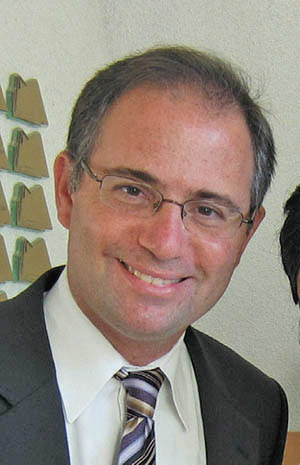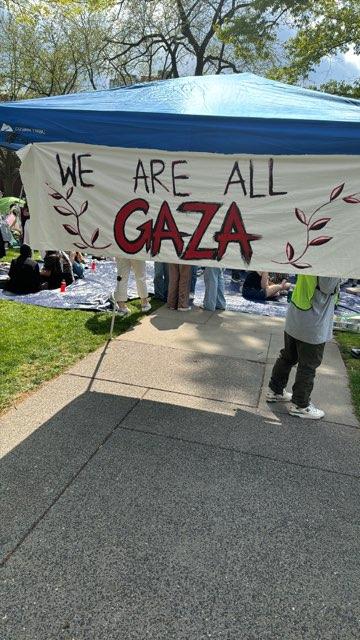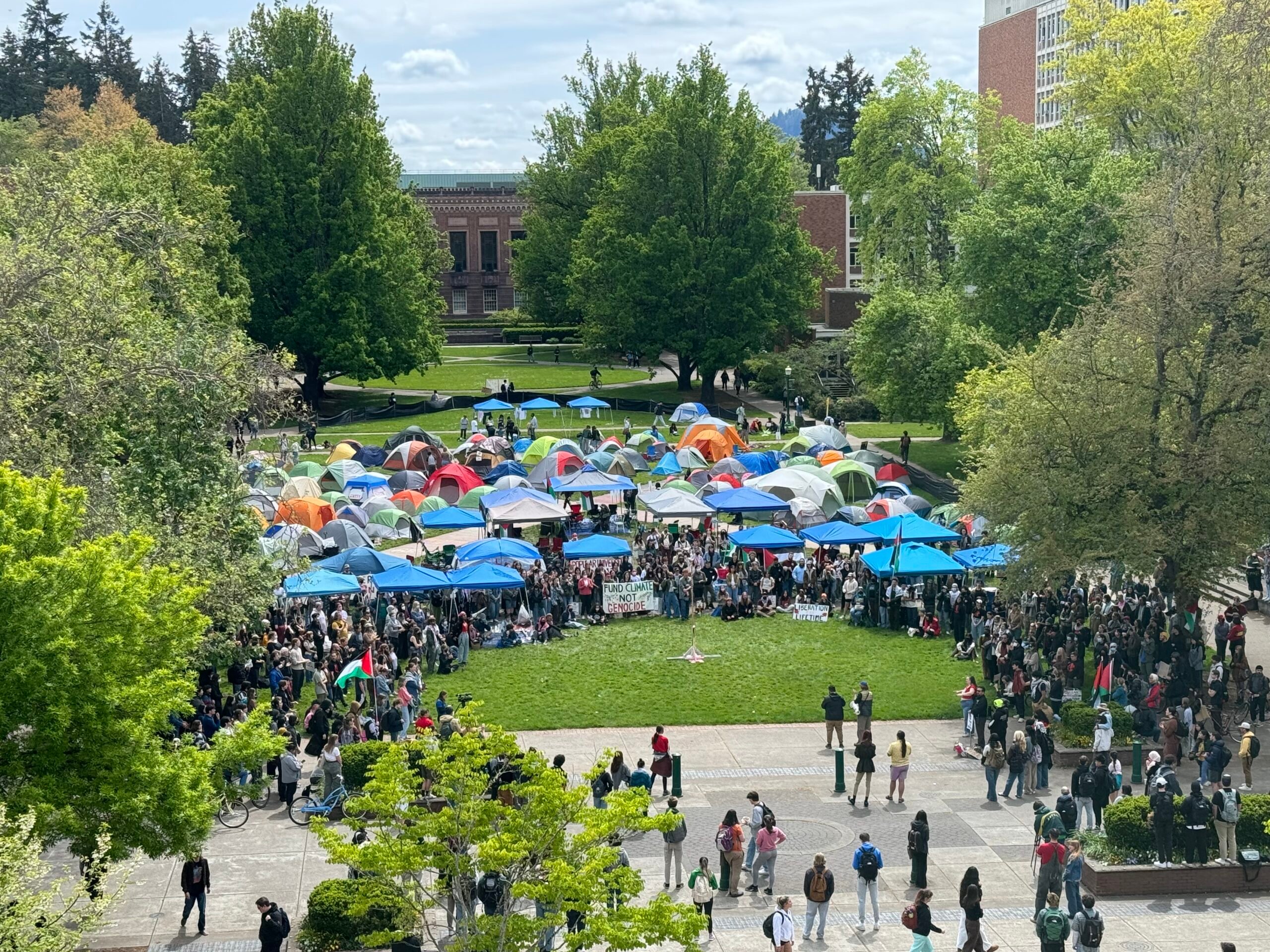
Despite the complex world that children live in today (or maybe because of it), and despite the torrential amount of information they are exposed to (or again—maybe because of it), when it comes to Gemara, students very often express that they want the simple answer. “What is the bottom line? Which rabbi do we follow? Why do we need all of these different opinions?” These questions are oft repeated in many Gemara classrooms from middle school through high school and maybe even beyond.
One mashal we can offer our students as an answer is to compare Gemara to a sport. In baseball, for example, to get a basic idea of what happened in a particular game, a person can simply check the scores. To get an even better idea, he can watch the highlights. But if he wants to really know what happened in the game, he needs to watch the game from beginning to end. Sports analysts—the professionals—can’t get away with just watching highlights.
For Torah, our goal is to become experts in the field, not just casual followers. Torah is not simply a pastime for us; rather it infuses our time with meaning. To truly understand any halacha we need to go beyond the bottom line and learn about the back and forth, the play by play of how the halacha came to be.
Another mashal we can draw upon is to think of a Broadway show. Sitting in the audience, being entertained by the plot and by the actors, is surely enjoyable. But if anyone wants to learn how to create such a show, he would have to get a glimpse of what goes on backstage. Backstage, it is not nearly as smooth and polished. It is messy, complicated and, to the untrained eye, even chaotic.
Learning Gemara is like being granted a backstage pass. Our ultimate goal for our children and for our students is for them to be more than just passive audience members of the teachings of the Torah. We want them to appreciate the Torah’s inner workings. We want them to one day be able to create and articulate original and authentic Torah thoughts of their own. This can only be done by looking behind the scenes of halacha.
This question that students ask, “But what is the conclusion?” is indicative of a lack of desire to delve more deeply into issues; students often crave the simple and simplistic answer. While for younger children this is certainly appropriate, as our children mature into middle schoolers and high schoolers they should begin to learn that life is not always simple. Whether it comes to American politics, Israeli politics, issues that relate to hashkafa and Halacha, there are always many sides to a topic. As parents and as teachers, it is our responsibility to help our children shatter the notion of a monolithic world. When we see light through a smooth and simple pane of glass, we see the light as it is, but we don’t perceive the deeper beauty latent within it. When we see light through the many facets of a diamond, the light becomes brilliant and beautiful to look at. Seeing the world and the Torah in multiple ways and from different angles adds to its beauty; it does not diminish it.
Here is an example from a non-Torah subject as it was taught in Yavneh Academy: When the presidential campaign this year was in full swing, while emotions were sensitive and opinions strong, both political parties and positions were equally taught. Teachers, no matter how strongly they felt, would not reveal to the students their own political leanings. I recall one staircase that was filled with political slogans and signs—but evenly balanced. On one side of the staircase hung pro-Trump advertisements and one side held signs that were pro-Hillary. The students were encouraged to think on their own and form their own opinions.
Let us, as parents and as educators, help our children stretch their minds to consider various perspectives. At the Shabbos table, as we and our children share divrei Torah, let’s press our children to explain their thinking and to defend the ideas they express. Even in the course of regular conversation, let’s find opportunities to sharpen their thinking skills. As a result, our students and our children will be more equipped to deal with the complexity of the world. And in terms of Torah, they will ultimately feel more connected to the ideas and the texts they learn, enabling them to one day become “producers” and “analysts” of our holy Torah.
By Rabbi Avie Schreiber
Rabbi Avie Schreiber is a middle school rebbe at Yavneh Academy.











